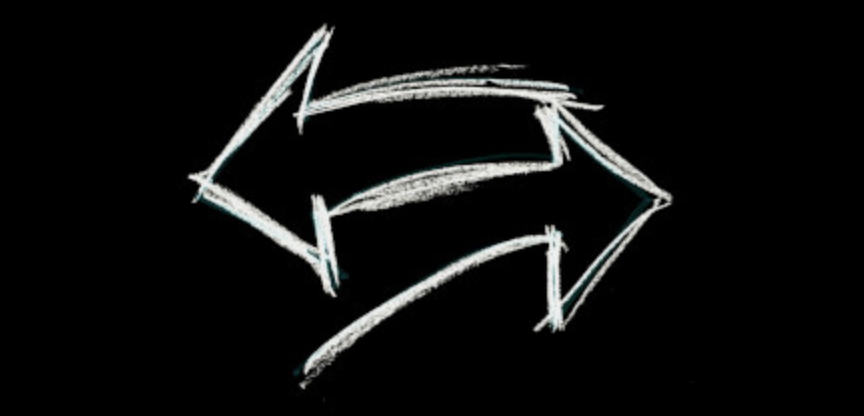I posted recently about the importance of “pausing more” in an increasingly frenetic world, particularly when making decisions. Is a further consequence of the frenetic pace we live our lives that we lack the time to reflect on and appreciate nuance and complexity. And surely over time, our brains should have evolved to be better equipped to deal with nuance and complexity?
I love this quote from the author F. Scott Fitzgerald which he wrote in 1936:
“The test of a first-rate intelligence is the ability to hold two opposed ideas in the mind at the same time, and still retain the ability to function.”
Nearly 100 years later, how this ability evolved? Having less time clearly has an impact here, given our brain’s disposition to look for shortcuts, and it doesn’t help that our brains have the natural tendency to become uncomfortable with holding 2 conflicting opinions and may try to resolve the contradiction by picking a side so to speak. And it seems at the moment we are constantly encouraged by external forces to pick a side in elements of our lives…
There is much more nuance and complexity to consider when one tries to hold two opposing ideas in the mind – it requires much more listening and contemplation of the opposing point of view. Black and white is easy, working in the messy grey is more challenging.
I have seen different terms for this concept such as “Cognitive Dissonance”, “Negative Capability”, “Paradoxical Thinking”, but my favourite example of this is what Zen Buddhists call “Shoshin” or a “Beginner’s Mind” – the more you know about a subject, the more likely you are to close your mind to further learning.
But if you are intellectually humble, you end up knowing more because you are more open to new information and therefore to learning. This open mindedness then helps us be better able to hold opposing opinions which in turn makes us more willing to listen to other perspectives.
What if we try to create the space in our minds to do this? Combining this with mindfulness may help us do so, as mindfulness teaches us to observe our thoughts as if they are separate from us, so that may make it easier to hold 2 conflicting views.
And from a business perspective, resolving the inherent tension between 2 opposing ideas can be a source of great innovation – e.g. reconciling cheap travel with flying gave us South West Airlines, which then spawned the low cost airlines revolution.
Rather than viewing something as a binary choice between 2 opposing ideas, an either / or discussion, what happens if you cultivate a “Beginner’s Mind”, and look at the ideas with intellectual humility and through the prism of “both / and”…?
On a recent podcast with Tim Ferris, American social psychologist Jonathan Haidt (author of the Righteous Mind, and the Coddling of the American Mind, which I both recommend), gave a good example of “both / and” thinking:
“I’ve really come to see that a functioning society, it needs a Progressive wing pushing for change, and it needs a Conservative wing saying, ‘Slow down,’ tapping on the brakes. William F. Buckley stands athwart history, yelling, ‘Stop.’ You need both in a healthy society.”
In the same podcast, Jonathan explains the motto of his mentor, cultural anthropologist Rick Shweber to support his enquiry and curiosity:
“If someone asserts something, try denying it and see if that makes sense. If someone denies something, try asserting it and see if that makes sense.”
In other words, ask yourself is something still true if we turn it around? I love this. Where might this type of paradoxical, “both / and” thinking take you? What if you embrace the grey?
I find these great questions to use in coaching sessions to open up possibilities, it’s a way to get to new insights…
(Pic source: quotebuilder.com)
